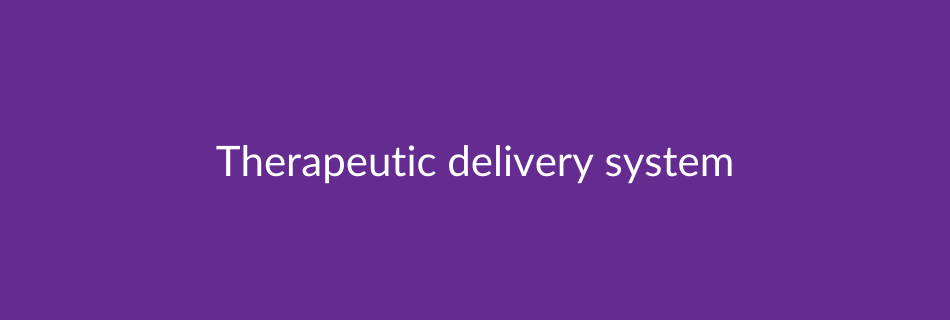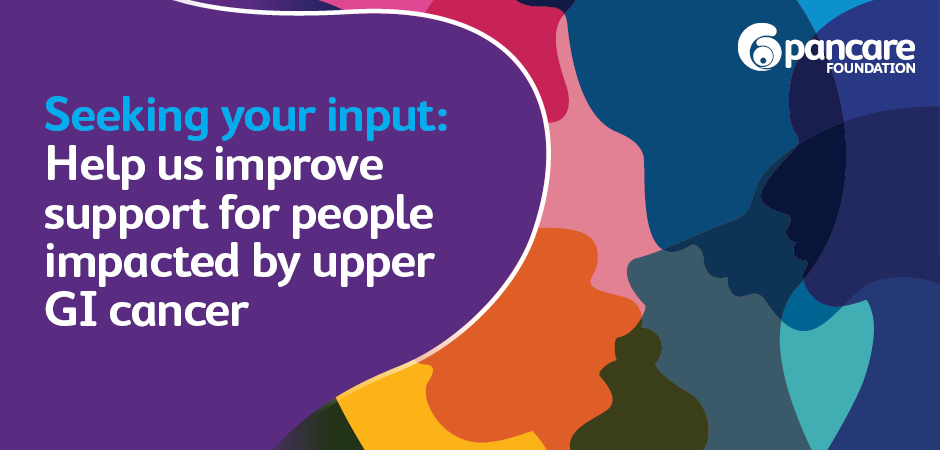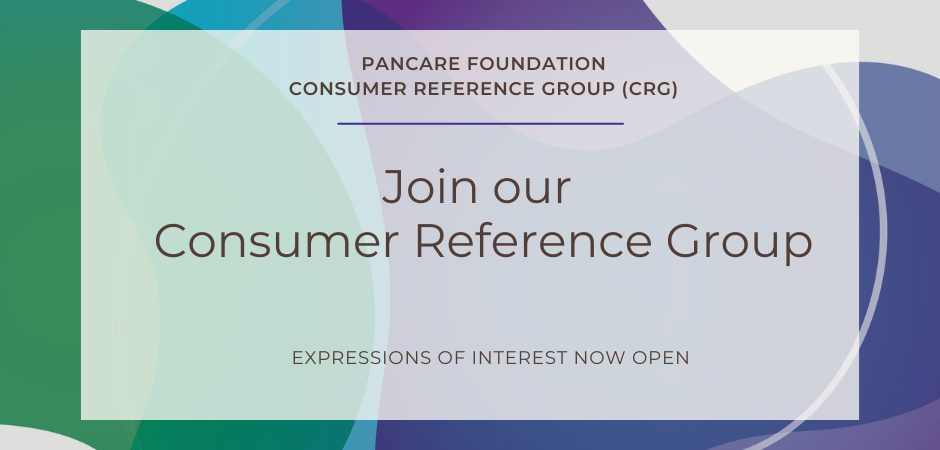Advancing outcomes and innovation through clinical research
Pancare selects research projects for funding that align with our Research Strategy and key focus areas that will have the greatest impact on Australians impacted by upper gastrointestinal cancers.
Funding new treatments
Funding early detection
There are currently no early detection screening options for most patients with pancreatic cancer or the general population.
Often patients have vague symptoms such as non-specific abdominal discomfort, back pain, unexplained weight loss, that can easily be associated with various other conditions. Other presenting symptoms such as jaundice (yellowing of the skin and eyes), unexplained development of diabetes, when there are no diabetes risk factors or worsening of diabetes, although more specific, do not guarantee early diagnosis.
Risks factors for pancreatic cancer are broad and include, but not limited to smoking, diabetes, obesity and chronic pancreatitis. Only about 10-15% of cases a have genetic or familial component to them.
Funding personalised medicine strategies
Personalised medicine is an evolving field in which physicians use diagnostic tests to identify specific biological markers, often genetic, that help determine which medical treatments and procedures will work best for each patient.
Pancreatic, liver, stomach, biliary and oesophageal cancers are not the same in everyone, and so every patient deserves treatments that reflect that. Ideally, patients should be offered treatments that are most likely to work based on the type of cancer they have. This will give everyone the best chance of survival, without going through unnecessary treatment.
Our aim is to fund research that will bring us closer to matching the right treatment with each person in order to get the best outcomes.
Funding optimal patient care
Need more information about this content? Get in touch with our specialist team.
Specialist Support Team 1300 881 698









